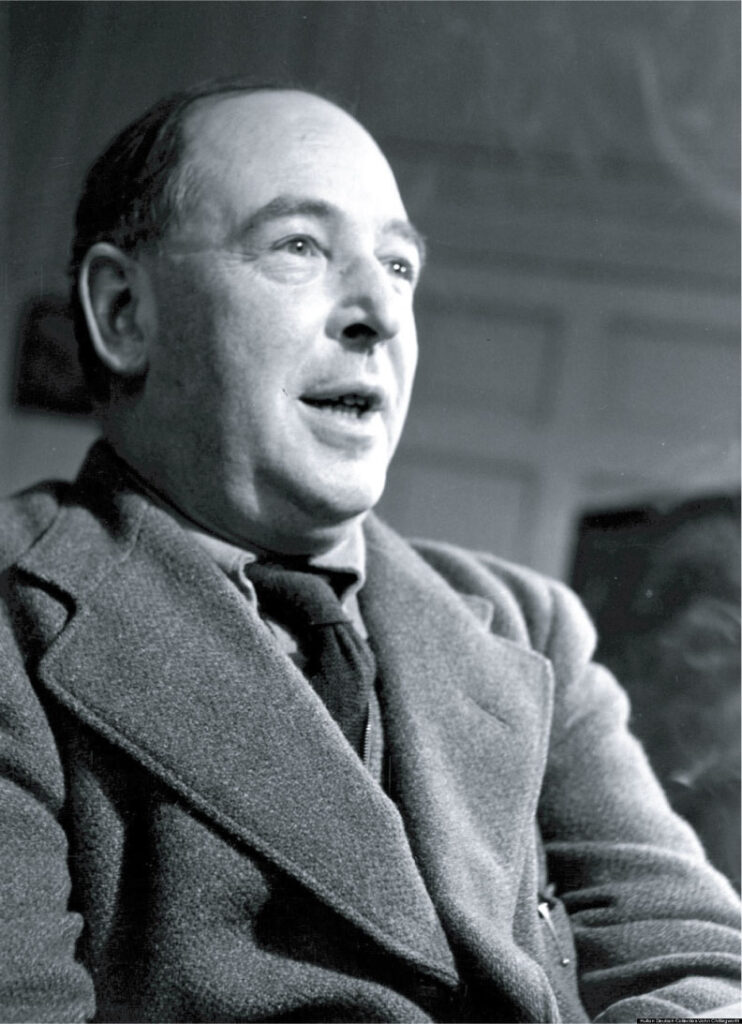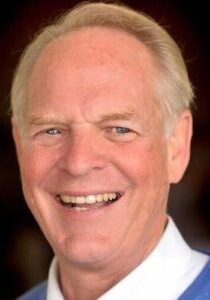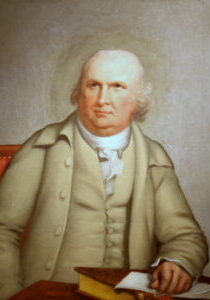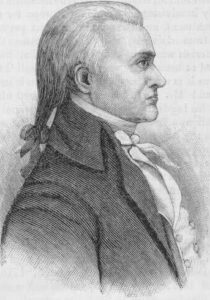"There are no ordinary people. You have never talked to a mere mortal. Nations, cultures, arts, civilizations - these are mortal, and their life is to ours as the life of a gnat. But it is immortals whom we joke with, work with, marry, snub and exploit - immortal horrors or everlasting splendors."
Few authors of fantasy literature are as beloved as C.S. Lewis, born in Belfast, Northern Ireland, on November 29, 1898. Time magazine has listed the first of his Chronicles of Narnia, The Lion, the Witch, and the Wardrobe, as one of the top 100 English language novels written in the twentieth century. Time had earlier confirmed Lewis’s stature as a writer of international renown when it featured him on its cover in September 1947.
But then, Time was merely affirming what millions of readers then and now understood: Lewis was a writer whose gifts gave his books an enduring appeal. Unforgettable characters, places and prose that stir the imagination and heart. The world of Narnia is one to which readers return again and again. It evokes a magic all its own.
At first glance Lewis was, perhaps, an unlikely person to have crafted such highly regarded works of fantasy. A brilliant academic, he was educated at Oxford University, and returned there following service in World War I to become a Fellow and Tutor of English Literature at Magdalen College. Later, in 1954, he was appointed to the Chair of Medieval and Renaissance Literature at Magdalene College, Cambridge University.
But Lewis had loved fantasy literature since his early years, and was then deeply influenced by his reading of George MacDonald’s great imaginative tale Phantastes. “I knew that I had crossed a great frontier,” he would later write.
Still earlier, as a boy, he had created Boxen—an imaginary world where animals talked and had adventures. As an adult, Lewis’s scholarly studies were steeped in chivalric literature and medieval legends. Lastly, he was highly favored in that he had a decades-long friendship with J.R.R. Tolkien, the creator of The Hobbit and The Lord of the Rings. There were other influences upon him, but these aspects of his life proved crucial catalysts for him to pen the Chronicles of Narnia.
Lewis and Tolkien were both members of a celebrated literary circle, The Inklings, which met at Oxford. And as Lewis’s fame grew, many people wrote to him. This opened an unexpected door of ministry, for many of his correspondents were Christians, as he was, or were interested in the truth claims of Christianity. Lewis’s correspondence also led to his meeting with the woman who would become his wife, Joy Davidman Gresham, whom he married in 1956. Their love story formed the basis of the celebrated film, Shadowlands, directed by Sir Richard Attenborough.
There are many more things that could be said about C.S. Lewis, but it is enough to say that the wonder does not end here. Visitors to his Oxford home, The Kilns, can sojourn and study in the same setting where he wrote his books. And most recently of all, in America, Lewis’s life and books have served as the inspiration for the creation of new college of the great books that bears his name. Lewis’s legacy endures, and will endure, so long as stories can capture the imagination of readers.
This is not our work. It can be found here.




